- AdventHealth
Faculty at AdventHealth University’s Hope Clinic are receiving national recognition for a year-long study showing the positive impact of free long-term occupational therapy on low-income patients.
In late August, the American Journal of Occupational Therapy published an article that looks at the outcomes of uninsured and underinsured patients who received free weekly therapy sessions from Hope Clinic therapists and therapy student assistants.
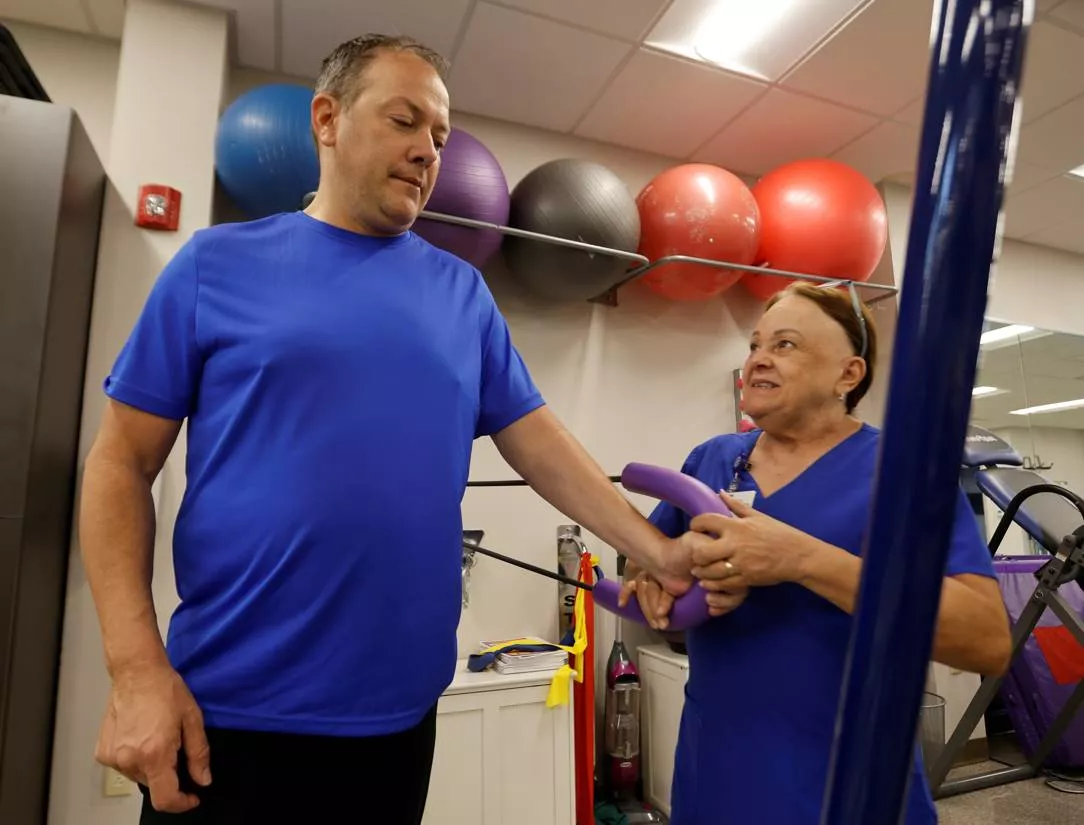
“It’s very challenging to get published in the American Journal of Occupational Therapy,” said Milly Rodriguez, OTR/L, CLT, AdventHealth University faculty and clinical director of Hope Clinic, and co-author of the study. “This is so prestigious and brings great recognition to the important work we’re doing at Hope Clinic.”
Hope Clinic, opened in 2011, is a faculty-led, free-standing clinic providing free occupational therapy and physical therapy to children and adults who need treatment but cannot afford it. OT and PT students help patients under the supervision of faculty.
“There’s nothing like our clinic across the United States,” said Chia-Wei Fan, PhD, OTR/L, associate professor of occupational therapy at AdventHealth University and lead author of the study.
The significance of the study is the finding that long-term therapy at pro bono clinics can improve the occupational performance of clients.
“This study addressed health disparities in unique and effective ways,” the journal article states. “By using objective measures of functional mobility and self-care, the study provides robust evidence of the faculty-led clinic’s impact in providing underserved and uninsured communities with effective client-centered occupational therapy services.”
Occupational therapy is an allied health profession that helps a patient engage in meaningful daily activities, such as school, work, and social interaction despite impairments or limitations. This can include bathing, eating without assistance, doing laundry, and performing office work.
The study was funded through the AdventHealth University Faculty Research Seed Grant in 2018 that provided $6,000 – funds used to purchase research software and pay a research assistant. That research assistant was Kathryn Drumheller, MS, OTR/L, second author of the study who is now a staff therapist in Orange City. Sixty-four patients in the study received one hour of occupational therapy each week for one year (minus a few weeks at the beginning of the COVID-19 pandemic). The study used several clinical evaluation tools (mobility, self-care and quality-of-life assessments) to determine treatment effectiveness.
While the idea that any patient would improve after a year’s worth of occupational therapy seems entirely plausible, no study officially showed that yet.

“We needed to be able to show that yes, the impact is real,” Rodriguez said. “Working with an occupational therapist has a good impact on patients’ quality of life. We theorized this was true, but now we have the data to back us up.”
This is helpful, Rodriguez said, as they talk with current and prospective patients and their family members, insurance companies, and health care providers – particularly with a patient who has a chronic condition.
Often, health insurance companies will approve a maximum of six weeks of therapy following surgery, hospitalization, accident, or illness, such as a stroke or cardiac event. When the approved number of visits ends, patients are often provided with instructions for activities and movements to do at home.
“With chronic conditions, this study demonstrates a benefit to providing longer periods of therapy for longer periods of time,” said Christine Moghimi, ScD., MAS, OTR/L, chair of AdventHealth University’s Occupational Therapy Department and dean of academic leadership. “Patients don’t necessarily plateau at six weeks. This study shows that patients can continue to show improvement. Even three or four years post-stroke, therapy can still make a significant impact.”
As the results came in, this part of the study surprised the principal investigators.
“This really rattled our perception,” Fan said.
“This could even open the door to the idea of returning to therapy later on in life,” Moghimi said. “It changed my perception of the benefits of long-term therapy.”

Not all patients will benefit from long-term occupational therapy, but goal setting and assessments can help determine which patients have yet to reach their maximum potential, Rodriguez said.
The study, presented at this year’s American Occupational Therapy Association’s Annual Conference, was featured in the journal’s Authors & Issues YouTube series and granted Open Access, meaning its content is free and available for download to other health care professionals and researchers.
For at-risk patients, this study is more than just numbers. It is further proof that if a way exists for them to heal, patients often will thrive, the authors said.
“Being able to access this type of care gives them hope,” Moghimi said. “This underserved population is very motivated to do well and so grateful that something like this exists.”
Rodriguez adds: “This study shows that we believe in our patients and that makes them believe in themselves. It fosters a different mindset.”
The full American Journal of Occupational Therapy article can be found here.
Recent News

AdventHealth Cancer Institute Advances the Use of CAR T-Cell Therapy for Multiple Myeloma
CAR-T therapies have emerged as new treatment options for certain types of cancer through a one-time infusion that can lead to long-lasting remission.
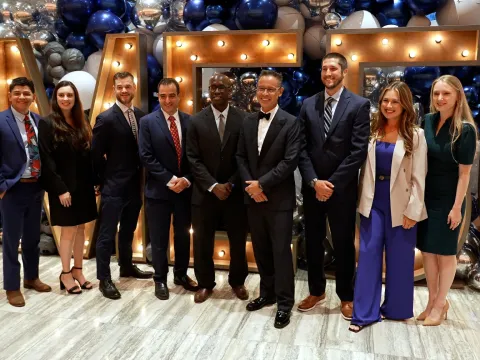
AdventHealth Graduate Medical Education Program Celebrates 50 Years
Growing from a family practice residency to 24 accredited programs, AdventHealth’s Graduate Medical Education (GME) program celebrates 50 years.
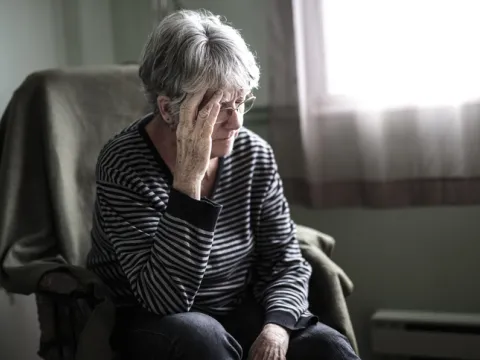
New Clinical Trial Explores Digital Intervention for Apathy in Late-life Depression
Afflicting 30-50% of patients with late-life depression, apathy is a challenging psychiatric syndrome in older adulthood that can result in lack of motivation leading to poor self-care, physical...
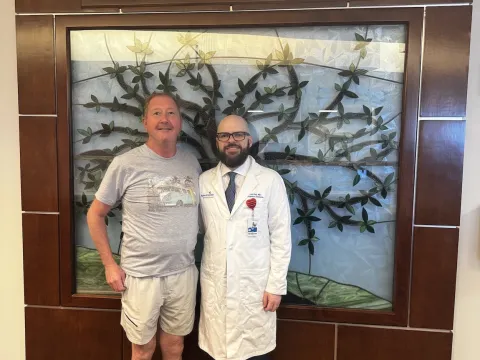
AdventHealth Performs Central Florida’s First Liver Transplant for Unresectable Colorectal Liver Metastases
In June 2025, AdventHealth Abdominal Transplant Surgeon and Surgical Oncologist Ryan Day, MD, worked with a multidisciplinary team to perform Central Florida’s first liver transplant for unresectable...

AdventHealth Neuroscience Institute First in Florida to be Recognized as a GammaTile Center of Excellence
GammaTile is the first and only tile-based radiation therapy for the treatment of
operable brain tumors. The AdventHealth Neuroscience Institute began performing GammaTile procedures in 2021 and was...

An AdventHealth Collaboration Explores the Impact of Microgravity and Electrical Stimulation on Muscle Cell Health in Space
Using a muscle lab-on-chip model aboard the International Space Station (ISS), AdventHealth Translational Research Institute’s Dr. Paul Coen has been working with a multidisciplinary team from the...

AdventHealth Neuroscience Institute Among First in U.S. to Offer Phase IIa Clinical Trial of Troculeucel for Moderate Alzheimer’s Disease
While most clinical trials for Alzheimer’s disease have focused on patients with early or mild cognitive impairment, roughly 30% of those with Alzheimer’s have moderate stage disease for which there...
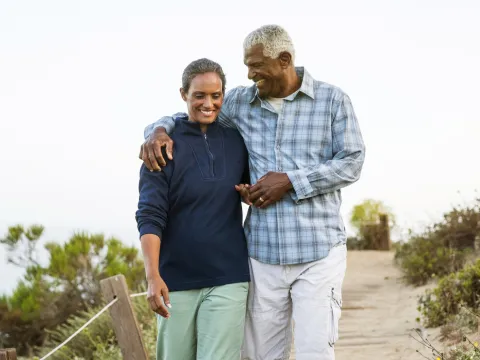
AdventHealth Translational Research Institute Selected as Clinical Site for National Study of Muscle, Mobility and Aging (SOMMA)
Under the leadership of Scientific Director and Principal Investigator Bret H. Goodpaster, PhD, the AdventHealth Translational Research Institute (TRI) is now enrolling men and women 70 years of age...

AdventHealth Neuroscience Institute Administers First Dose of Investigative NK Cell Therapy to Person with Alzheimer’s Disease
Under a single compassionate use Investigational New Drug (IND) authorization cleared by the U.S. Food and Drug Administration (FDA), the AdventHealth Neuroscience Institute worked with NKGen Biotech...
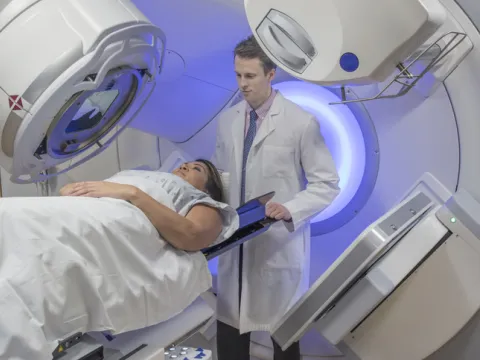
New Study Published in the New England Journal of Medicine Shows the Addition of Regional Nodal Irradiation Does Not Decrease Rate of Invasive Breast Cancer Recurrence in Patients with Negative Axillary Nodes Following Neoadjuvant Chemotherapy
Findings of the phase III, multicenter, randomized NSABP B-51-RTOG 1304 clinical trial were recently published in the New England Journal of Medicine with AdventHealth Cancer Institute’s Dr. Mamounas...

AdventHealth Study Exploring the Use of MR-Guided Focused Ultrasound (MRgFUS) to Disrupt the Blood-Brain Barrier for Treatment of Alzheimer’s Disease
Under the leadership of Dr. Valeria Baldivieso and Dr. Chandan Reddy, the AdventHealth Research Institute is the first and only site in Orlando offering the Exablate Blood-Brain Barrier (BBB)...

AdventHealth Research Institute Offers Phase II Clinical Trial of Etanercept for Treatment of Blast-Induced Tinnitus
Approximately 1 billion people throughout the world suffer from tinnitus (ringing in the ears), and it is the number one disability of those who serve in the U.S. military. The condition can disrupt...
